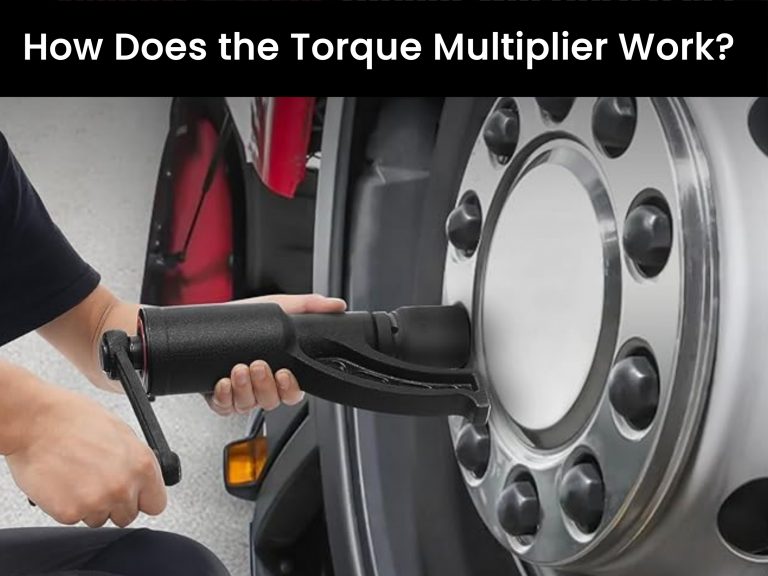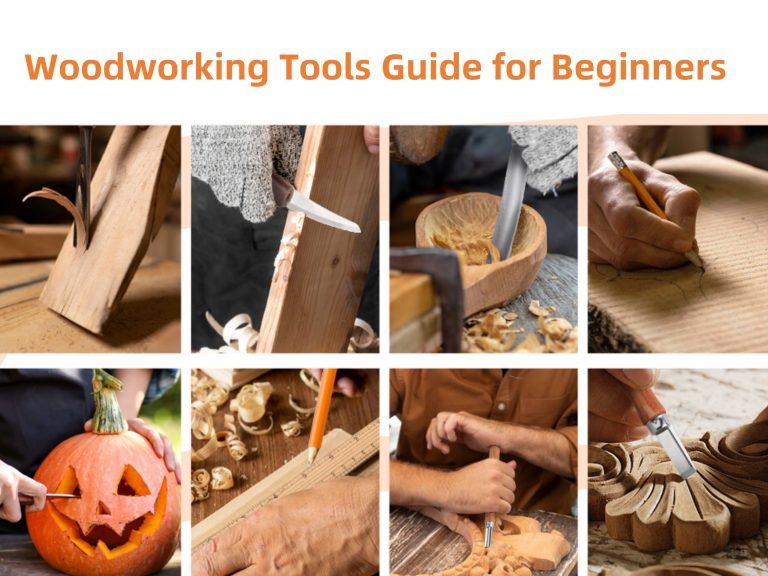In the world of automobile repairs, having the right tools is essential to ensure the job is done correctly and efficiently. One such tool that plays a crucial role in car repairs is the torque wrench. In this article, we will explore how torque wrenches help us in maintaining and repairing our vehicles.
1. What is a torque wrench?
A torque wrench is a specialized tool used to measure and apply a specific amount of torque or rotational force to a fastener, such as a bolt or a nut. It is designed to prevent over-tightening or under-tightening, ensuring that the fasteners are tightened to the manufacturer’s recommended specifications.
2. Importance of torque wrench in car repairs:
a. Prevents damage: Over-tightening fasteners can lead to stripped threads, broken bolts, or even damage to the components being fastened. On the other hand, under-tightening can result in loose connections, leading to potential safety hazards. A torque wrench helps in achieving the optimal level of tightness, preventing such damages.
b. Consistency and accuracy: Torque wrenches allow mechanics to achieve consistent and accurate torque application. This is particularly important in critical areas such as engine components, suspension systems, and brakes, where precise torque specifications are crucial for proper functioning and safety.
c. Adaptable for various applications: Torque wrenches come in different types and sizes, making them versatile for a wide range of applications in car repairs. From the small and compact wrenches used for delicate electrical connections to the heavy-duty wrenches for larger bolts and nuts, there is a torque wrench suitable for every repair task.
d. Maintenance of warranties: Many car manufacturers specify torque values for various components during assembly. When performing repairs or maintenance on your vehicle, using a torque wrench ensures that you adhere to these specifications. This helps maintain any existing warranties and ensures that the repairs are carried out correctly.
3. Tips for using a torque wrench:
a. Select the right torque wrench for the job based on the required torque range and the size of the fastener.
b. Follow the manufacturer’s recommendations for the torque value of each fastener. This information can usually be found in the vehicle’s service manual.
c. Ensure the torque wrench is regularly calibrated to maintain accuracy. Most torque wrenches require periodic calibration to ensure their readings are precise.
d. Use the correct technique while applying torque. Avoid sudden jerks or excessive force, as this can lead to inaccurate readings or damage to the fastener.
In the world of car repairs, the torque wrench is an invaluable tool. Its ability to provide accurate and consistent torque application helps prevent damage, ensures safety, and maintains the integrity of the vehicle. By using a torque wrench, both professional mechanics and DIY enthusiasts can confidently repair and maintain their vehicles, knowing that the fasteners are tightened to the correct specifications.



